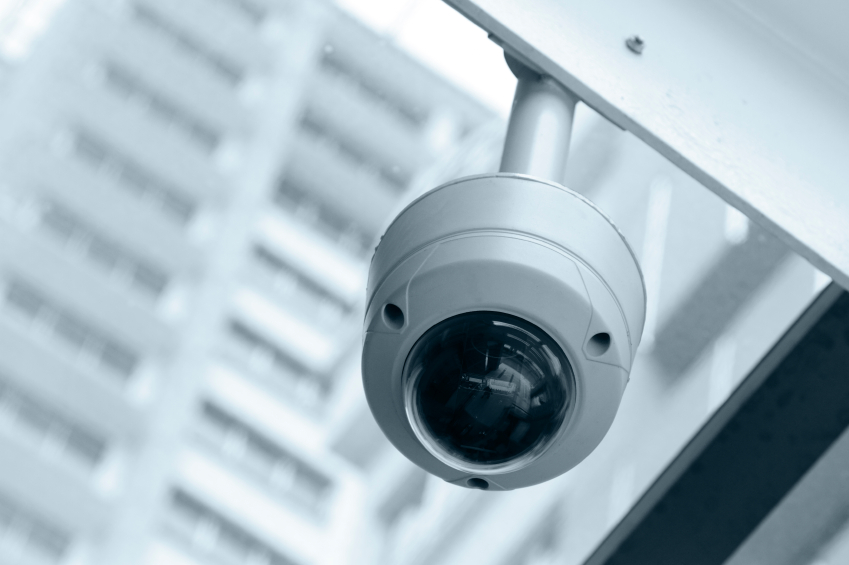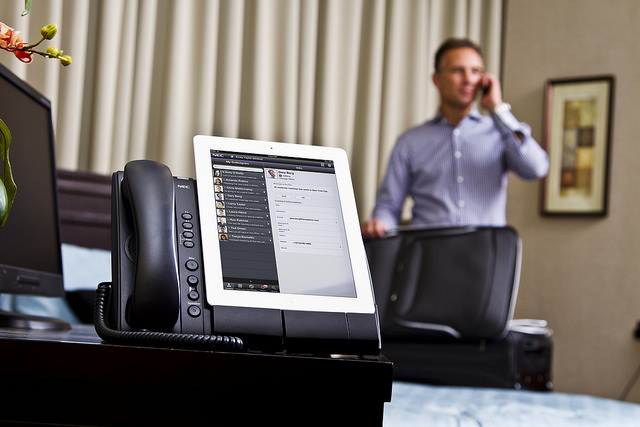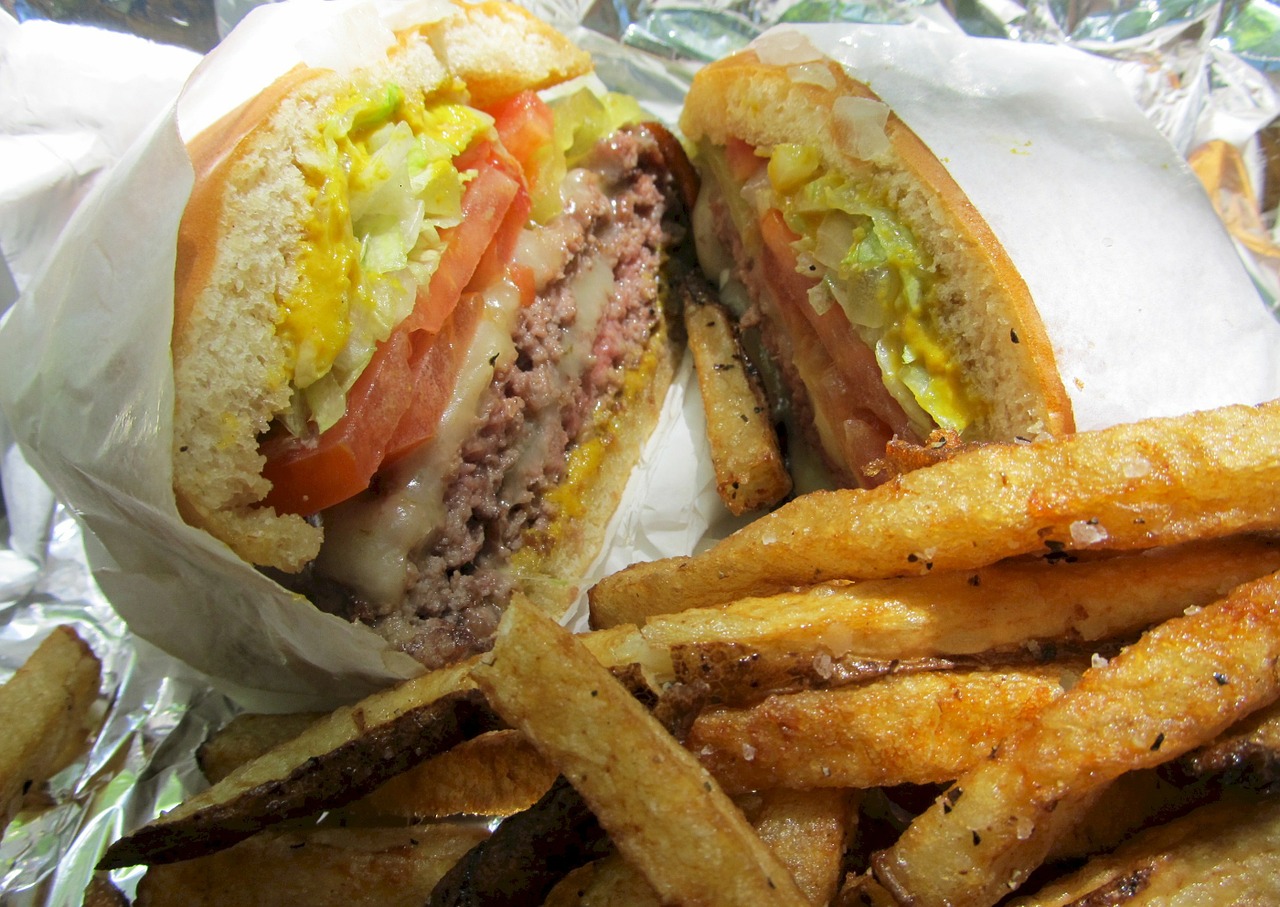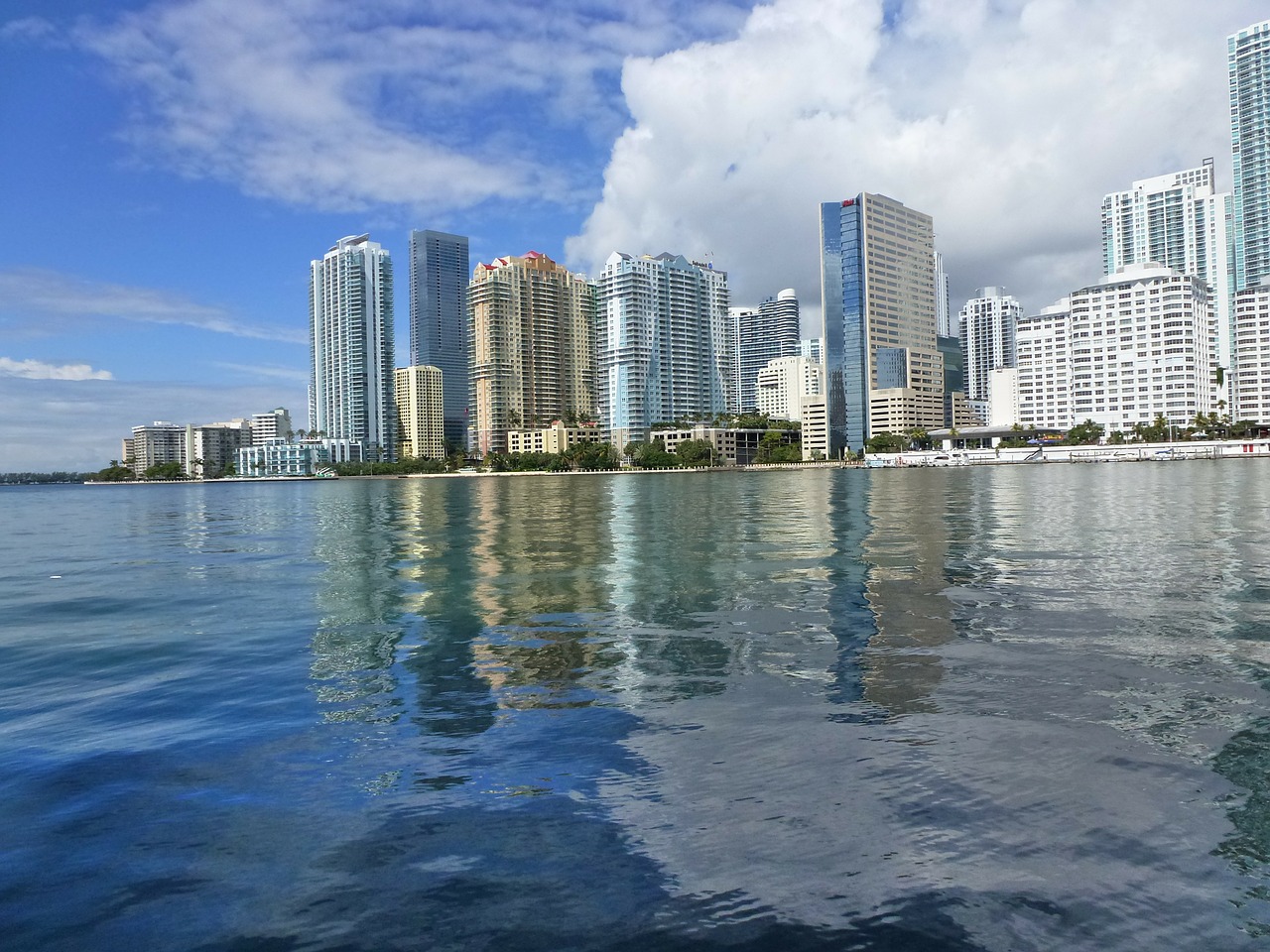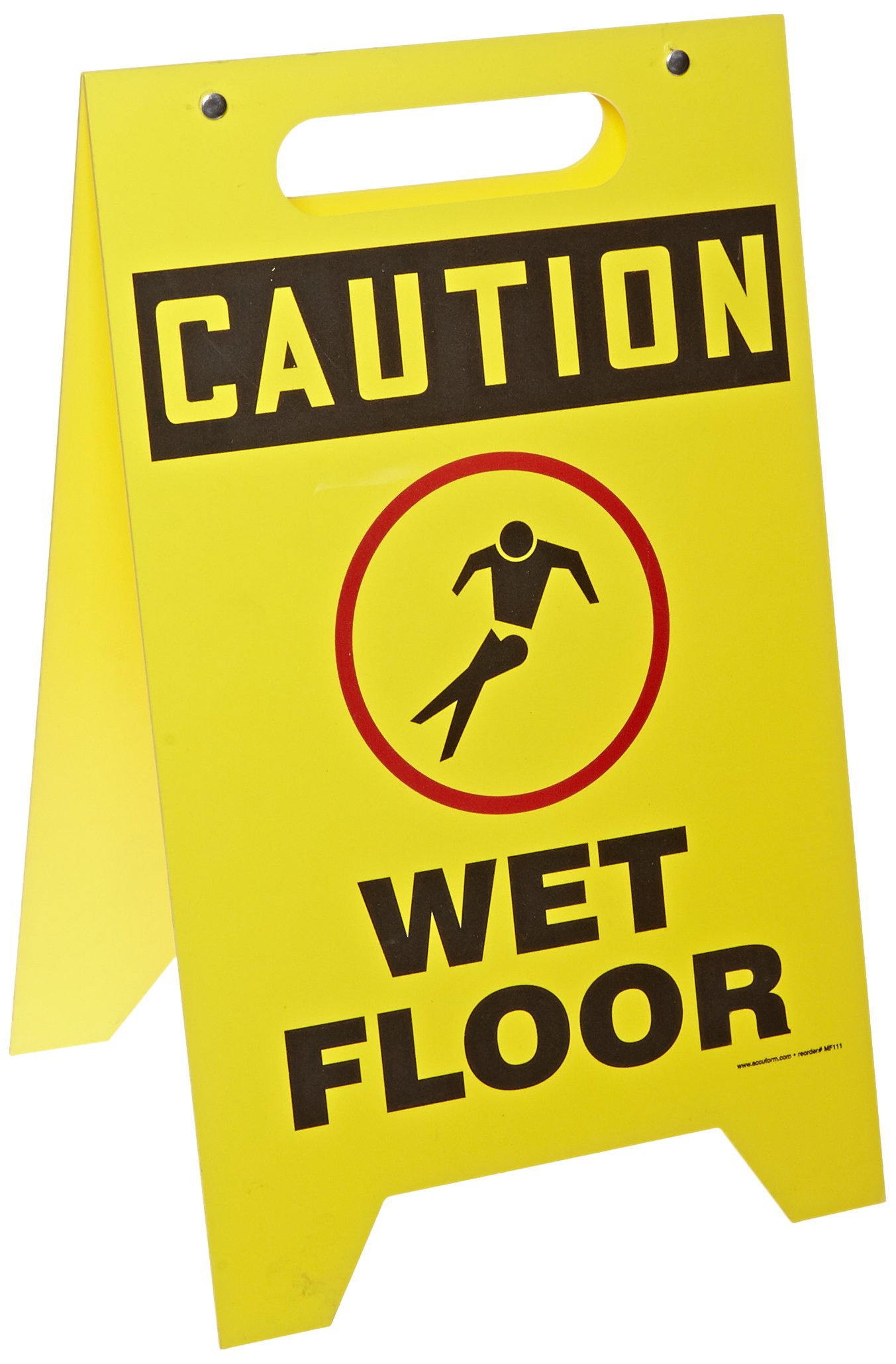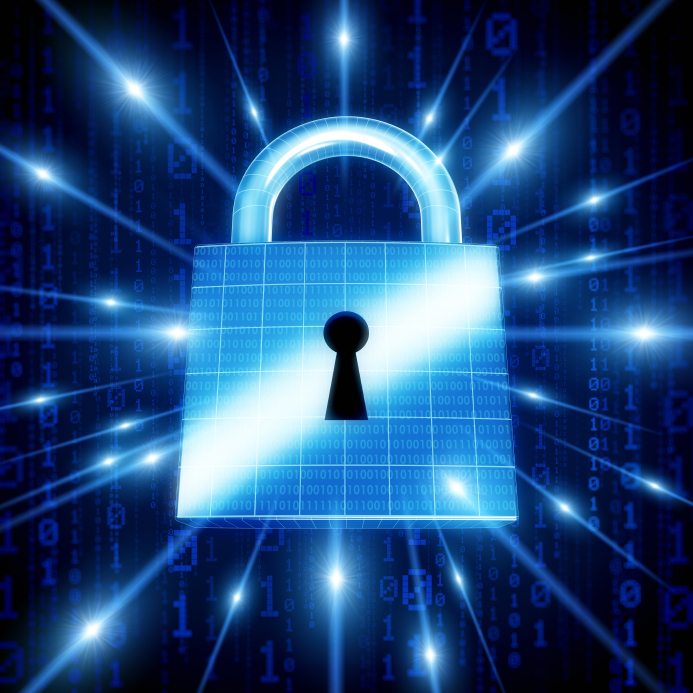An insurance industry survey on hotel security by Advisen, a firm providing insight into underwriting, marketing and purchasing commercial insurance, highlights several important findings. The survey respondents included Chief Risk Managers/Head of Risk Management Departments (63%), the head of Hotel Security/Loss Prevention (25%), member of Risk Management Department (6%) and Environmental Health and Safety staff (6%). Nearly three fourths of the respondents (73%) own less than 50 properties, 13% own less than 100 properties and 13% own more than 250 properties.
The survey discusses the various security risks and safety measures hotels take in order to prevent crime and keep their guests safe. We share some of the survey findings here:
- 27% of hotel respondents have had door locks hacked into or attempted to be hacked into
- 92% off respondents use either magnetic stripe keycards (71%) or RFID proximity keycards (21%)
- 56% have upgraded their door lock systems within the past two years
- 27% have security personnel on duty 24/7 at all properties
- 88% presently use surveillance technology but only 36% have designated personnel actively monitoring it
- 71% keep surveillance videos for one month or less
- 67% purchase cyber liability insurance as part of their privacy and data security risk management program
- Legal Counsel is most frequently the department responsible for assuring compliance with state laws regarding privacy
- 87% have disaster response/business continuity (BCP) plans
As you can see, surveillance technology is heavily utilized by hotels. But the survey notes that the use of surveillance doesn’t come without risk, specifically with regard to the issue of privacy. In fact, hotel privacy issues made the headlines in May after a high-profile incident involving rapper and business mogul Jay Z and his wife Beyonce’s sister. They were caught on camera fighting in an elevator at The Standard Hotel in May. A video went viral when a hotel employee taped the live feed and sold it for $250,000 to gossip site TMZ. The Standard took immediate action and fired the employee, but this incident shows the increase in liability exposure for hotels.
When survey respondents were asked how they addressed video surveillance privacy concerns, responses included utilizing cameras in public areas only, following data privacy standards including signage and guest/employee notifications, keeping recordings for a limited amount of time (e.g. 30 days); notifying employees of use of surveillance in an employee handbook.
Another takeaway from the survey is that while surveillance technology can help hotels deter crime and can even be used to capture perpetrators, it can also lead to potential liability if the device is not properly operated and maintained. Respondents were asked, “How often do you check video surveillance systems to make sure they are working properly?” All of the respondents checked on a weekly basis at a minimum with 57% responding daily and 43% weekly. Outdated surveillance technology may be less effective and it may increase the potential for liability. Respondents were asked, “When was the last time you upgraded surveillance technology at your properties?” Forty-three percent (43%) said that they upgraded with the past one to three years, 36% said within the past year and 21% said within the past five to ten years.
At IPOA, we provide hotels with comprehensive liability and property insurance programs to help protect them against the various exposures they face. We offer an exclusive program, HotelPro, in addition to having strong capabilities in direct admitted placement and open non-admitted placement through our brokerage division. Please give us a call at: 877-653-IPOA (4762).


